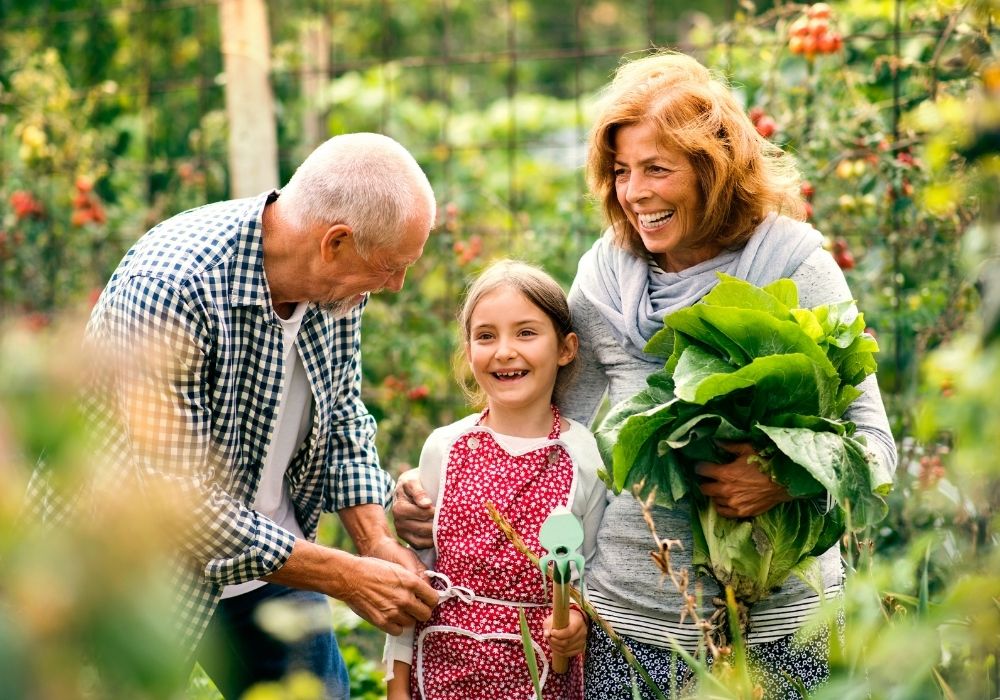Gardening can give us food, a hobby, and dirt stains on our jeans, but most importantly, it can also give us incredible health benefits.
A meta-analysis published in ScienceDirect looked at 22 case studies and found that gardening has great benefits for your health, ranging from reducing anxiety, depression, and mass body index, to increasing one’s satisfaction with life, to building a sense of community.
Starting a spring garden with your family can be a great way to improve your collective mental health, as well as provide an activity for you all to participate in together. Kids of any age can help out in the garden with age-appropriate tasks and tools.
Here are some tips to get you started on your spring garden.
The great thing about gardens is they can be as large or as small as you like, from a pot of cilantro on your balcony to rows of gardening beds in your backyard. If it’s your first time, perhaps you’ll want to start small by dedicating one patch of the backyard, or a few large pots, to plants. You can also start with plants that might be easier to grow, like mint, which is forgiving of climate or neglect.
The tools you’ll need for your garden depend on the size. Generally a shovel, pruning shears, a pad to protect your knees (and clothes) when kneeling, gloves, and equipment to water (whether that’s a hose with a shower-type nozzle or a watering can) are great starting points. Check out the Almanac for a full list of tools they consider indispensable!
If you live in the Pacific Northwest, crops like cucumbers, carrots, peas, tomatoes and potatoes can be planted in your garden in April. Others, like turnips, corn, or faba beans can be planted in May. Washington State University has a full list of crops and their ideal planting season in the Pacific Northwest.
Part of the fun of having a family garden is that everyone can help out, and the work of maintaining and growing your plants is shared. Divide tasks for your garden at the beginning so that everyone feels a sense of responsibility and knows how they can help out every day.
Perhaps one person is in charge of watering the plants in the morning or at night. Another can be on pest patrol, and take action if they notice slugs or rabbits are taking more than their fair share of the produce. Others can help weed or prune the plants.
Soon, you’ll be sharing meals from your garden together!
Questions about health insurance? Contact a Sea Mountain Health Insurance Specialist today!
